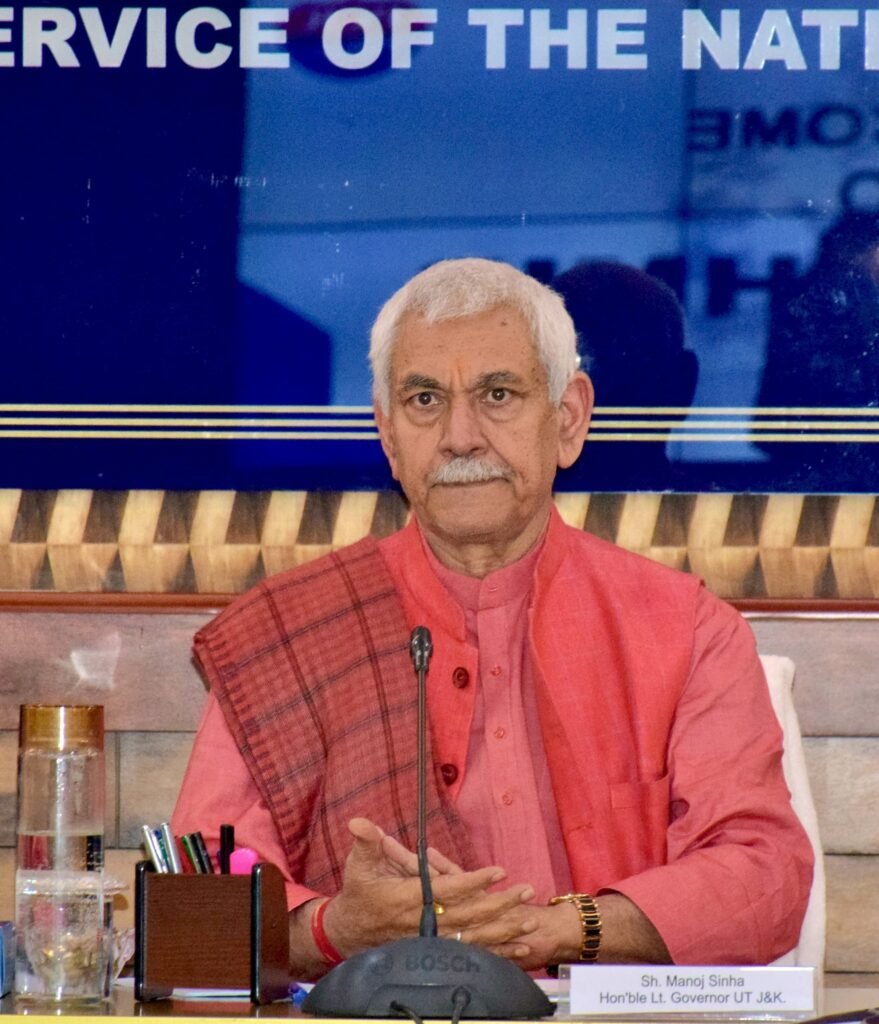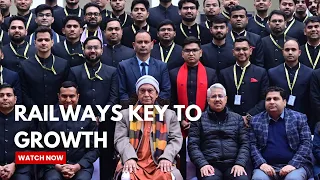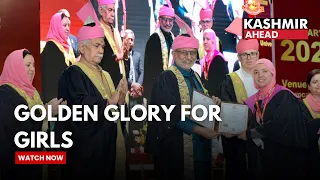A recent meeting at the Civil Secretariat in Srinagar, presided over by the Chief Secretary (CS) of Jammu and Kashmir, focused on the feasibility and implementation of electric buses (e-buses) as part of the city’s public transportation system. This initiative is aligned with the Jammu and Kashmir government’s broader commitment to reducing pollution, promoting sustainability, and enhancing urban mobility. The meeting was attended by key stakeholders from various departments, including the transport sector, the municipal corporation, the state electricity board, and experts in electric mobility, and it addressed the growing environmental concerns and the need for sustainable solutions in urban transport.
The CS emphasised the importance of integrating e-buses into the public transportation framework, highlighting the environmental, economic, and health benefits of transitioning from diesel-powered buses to cleaner alternatives. The primary goal of the meeting was to explore how e-buses could improve air quality, reduce the city’s carbon footprint, and provide a more eco-friendly solution to the existing transportation challenges in Srinagar. This move is in line with both national and regional efforts to combat climate change and promote sustainable urban mobility.
A detailed report was presented by the transport department, which highlighted the current state of public transportation in the city and stressed the urgent need to reduce the reliance on diesel buses, which are major contributors to pollution. Experts in electric mobility shared valuable insights on the technology, covering aspects like battery types, energy efficiency, and operational requirements for a fleet of e-buses. However, the meeting also acknowledged the significant initial investment needed for infrastructure development, particularly the establishment of a comprehensive charging network.
One of the key concerns raised was the potential need for an upgraded power grid and identifying suitable locations for charging stations, which could be challenging given the city’s land constraints and funding limitations. Additionally, the hilly terrain and extreme weather conditions in Srinagar raised questions about the range and performance of e-buses in such environments.
In response, the CS suggested conducting pilot projects and feasibility studies to better understand the challenges specific to Srinagar, including how to ensure the reliability and efficiency of e-buses under local conditions. The meeting concluded with an emphasis on the importance of continued research, inter-departmental collaboration, and securing funding sources to ensure the successful implementation of electric buses in the city.
He also addressed the broader goals of Mission Yuva, which focuses on providing youth-oriented solutions to promote sustainable development. He underscored the importance of involving local youth in the development and implementation of sustainable projects, including the promotion of electric buses, as part of the broader mission to empower the younger generation in shaping a greener future.
The meeting at the Civil Secretariat marked an important step toward transitioning Srinagar’s public transportation system to electric buses. While there are several challenges to overcome, the CS’s leadership and the collaborative efforts of the various stakeholders ensure that this project will contribute to a more sustainable, eco-friendly, and economically viable urban mobility system for the city.










